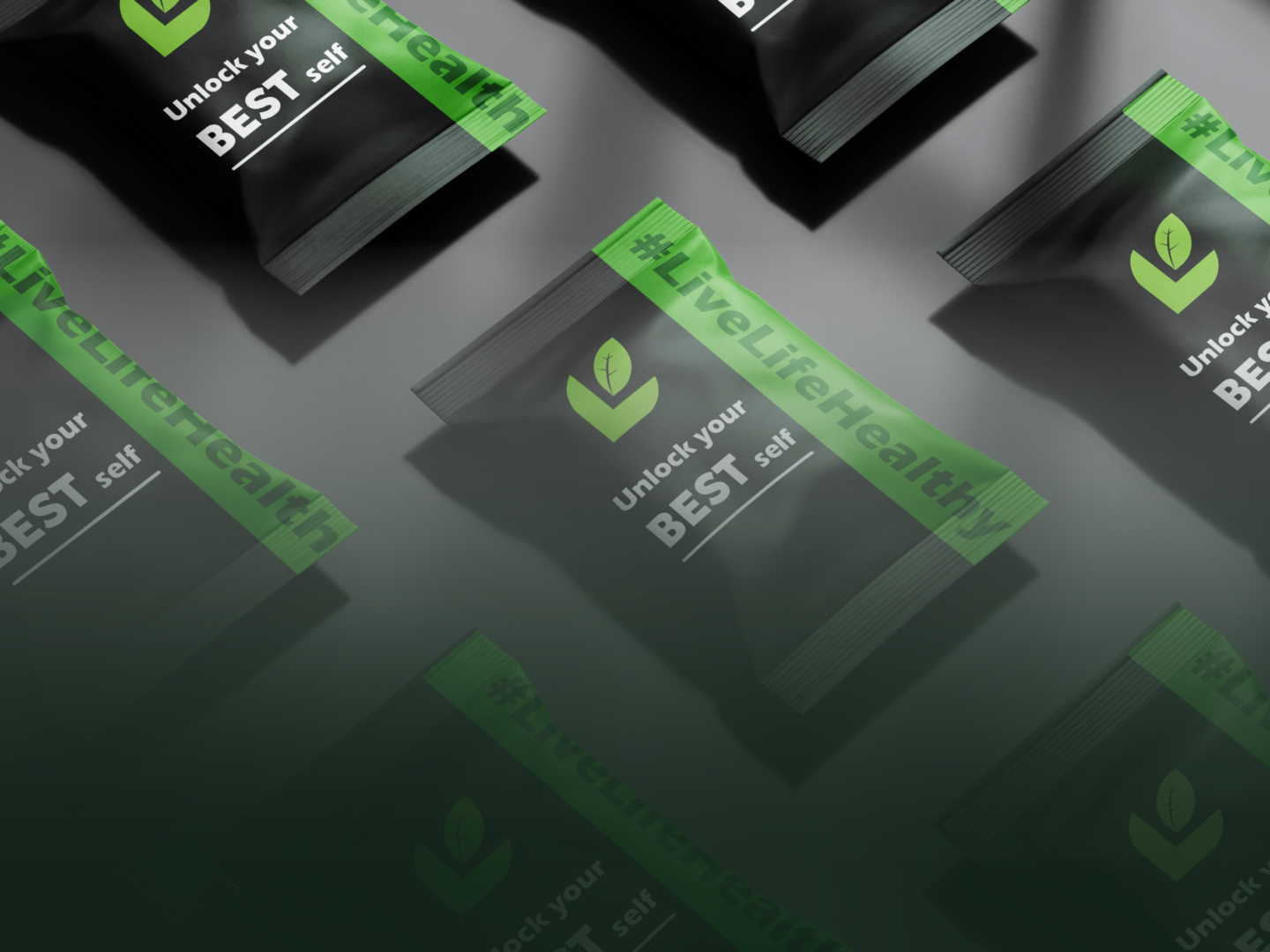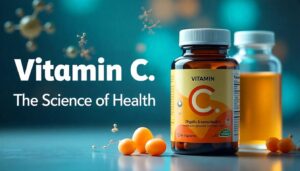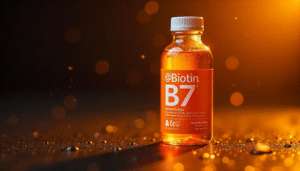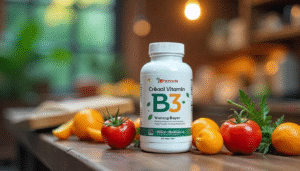Vitamin B3
Vitamin B3, also known as niacin, is a water-soluble B vitamin that is essential for overall health. It plays a critical role in converting the food we eat into usable energy. Niacin supports the proper functioning of the nervous and digestive systems, maintains healthy skin, and helps repair DNA. There are two main forms of vitamin B3: nicotinic acid and niacinamide (nicotinamide). Both are active in the body but are used differently in clinical settings.
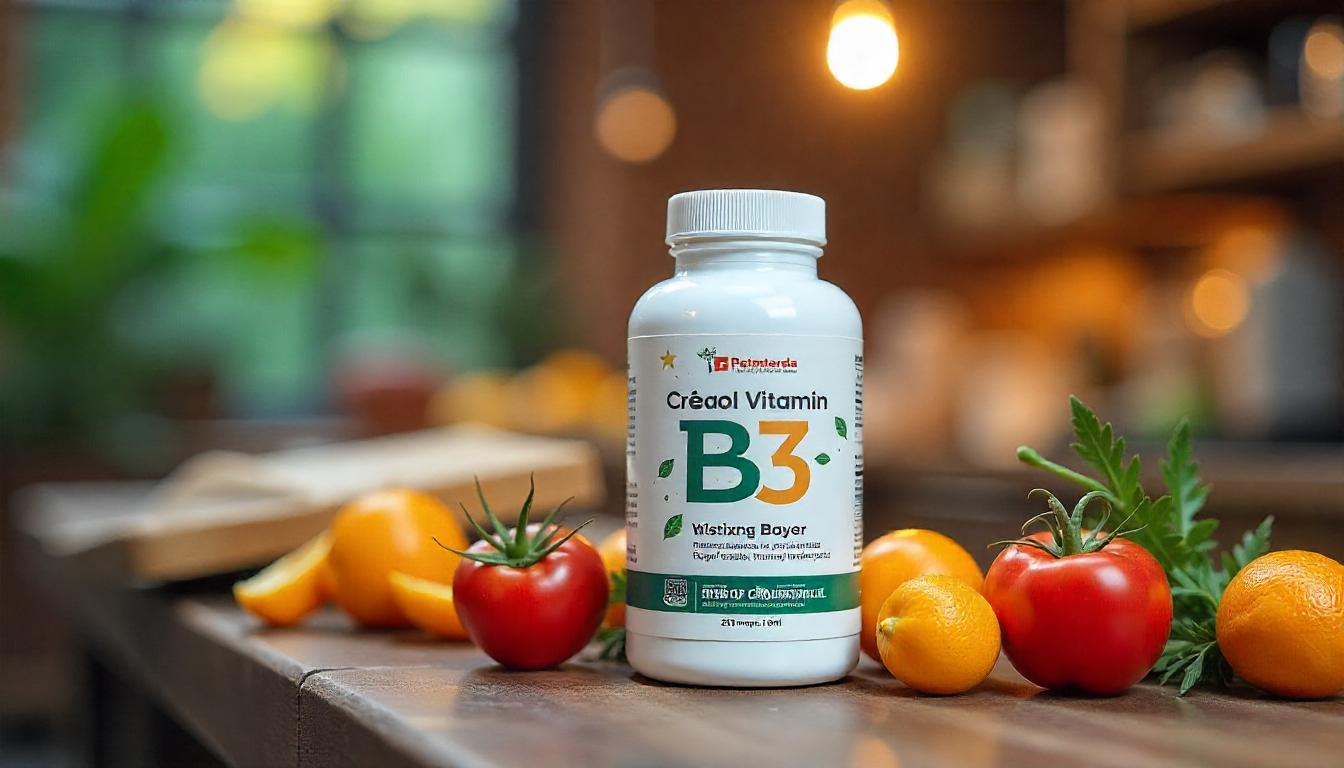
Functions and Health Benefits
Vitamin B3 is a key player in metabolic processes, as it helps enzymes break down carbohydrates, fats, and proteins for energy. It also supports cellular repair, DNA synthesis, and cognitive function. Niacin has been studied for its cardiovascular benefits, particularly at high doses. It can raise HDL (good) cholesterol and lower LDL (bad) cholesterol and triglycerides. However, research shows that while niacin improves cholesterol numbers, it does not significantly reduce the risk of heart attacks or strokes when used alone.
Dietary Sources and Requirements
Vitamin B3 is widely available in food. Excellent sources include meat, poultry, and fish, as well as whole grains, enriched cereals, legumes, nuts, mushrooms, and green vegetables. The body can also convert the amino acid tryptophan, found in protein-rich foods, into niacin. The recommended daily intake is 16 mg for adult men and 14 mg for adult women, which most people can achieve through a balanced diet.

Deficiency and Pellagra
Although rare in developed countries, niacin deficiency can still occur, especially among people with poor diets, chronic alcoholism, digestive disorders, or those taking medications that interfere with absorption. Early signs include fatigue, indigestion, depression, and skin irritation. Severe deficiency leads to a disease called pellagra, characterized by the “4 D’s”: dermatitis, diarrhea, dementia, and, if untreated, death.
Supplement Use and Safety
Vitamin B3 supplements are commonly used to treat deficiencies and, at higher prescription doses, to manage cholesterol. However, high-dose supplementation can lead to several side effects. The most common is flushing—a warm, red, and sometimes itchy sensation in the face and neck. Other possible effects include nausea, headaches, dizziness, liver toxicity, and gastrointestinal discomfort. The tolerable upper intake level from supplements is 35 mg per day for adults to avoid flushing. Niacinamide, which does not cause flushing, is preferred in some cases, particularly for skin health or moderate supplementation.
Drug Interactions and Precautions
Niacin may interact with several medications, so it’s important to consult a healthcare provider before starting supplements. It may increase the risk of muscle damage when taken with statins, raise blood sugar levels in people taking diabetes medications, and enhance the effects of blood pressure drugs, potentially causing dizziness. High doses can also reduce the effectiveness of anticoagulants like warfarin, increasing the risk of bleeding.
Interactions and Precautions
Vitamin C can interact with certain medications and treatments. For example, it can increase the absorption of aluminum from medications like phosphate binders, which may be harmful for people with kidney issues. It may also reduce the effectiveness of some chemotherapy drugs, interact with estrogen therapies (including oral contraceptives), and potentially interfere with protease inhibitors (used to treat HIV). Additionally, high doses of vitamin C may weaken the effects of statins and niacin used to treat high cholesterol, and reduce the blood-thinning effect of warfarin, a commonly used anticoagulant.
Conclusion
Vitamin B3 is a vital nutrient for maintaining energy production, brain function, and healthy skin. Most people get enough niacin from a well-balanced diet, but supplements can be useful in cases of deficiency or for specific medical conditions. However, high-dose niacin therapy should only be used under medical supervision due to its potential side effects and interactions. Overall, natural food sources remain the safest and most effective way to meet your body’s niacin needs.
Popular Category
- Recipes For Healthy Eating
- Mindset
- Exercises and fitness tips
- Vitamins
- Healthy Lifestyle
See also this
Other posts
Our products
